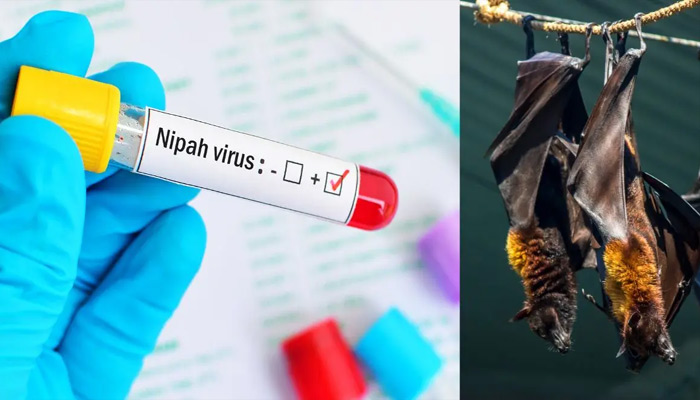For the third time in five years, the brain-damaging Nipah virus has surfaced again.
In the Kozhikode district of Kerala, leading the state health department to declare a health alert after two “unnatural” deaths were reported, followed by four high-risk contact cases with a 9-year-old on ventilator support. Though the patients are receiving medical care and a significant improvement has been observed in the 9-year-old boy who has now been removed from ventilator support, test results of more samples are awaited hence, health experts insist precautions.
Physician at Global Hospitals in Parel Mumbai, explained that Nipah virus is a zoonotic virus, which means it can be transmitted from animals to humans. According to him, Nipah virus infection can lead to a range of symptoms, including:
1. Fever
2. Headache
3. Fatigue
4. Muscle Pain
5. Respiratory Distress
6. Encephalitis (Inflammation of the Brain)
Highlighting that in severe cases, Nipah virus infection can progress to a coma within 24-48 hours and can be fatal, Dr Harish Chafle cautioned against the primary risk factors and causes that include –
1. Animal Reservoirs: Fruit bats are considered the natural reservoir of Nipah virus. Direct or indirect contact with these bats, their excretions or saliva can lead to transmission to humans.
2. Consumption of Contaminated Food: Consumption of fruits or juices contaminated with bat saliva or urine can result in infection.
3. Human-to-Human Transmission: Once a person is infected, Nipah virus can also spread through close contact with infected individuals, especially in healthcare settings.
He added, “As of my last update in September 2021, there is no specific antiviral treatment for Nipah virus infection.” Dr Harish Chafle suggested taht supportive care is crucial, including:
He concluded, “It’s important to consult with healthcare experts and organizations for the most up-to-date information on Nipah virus, especially regarding any developments in treatment or prevention strategies. For the latest information on Nipah virus, I recommend reaching out to relevant health authorities, such as the World Health Organization (WHO) and local healthcare providers or institutions for expert guidance specific to your region.”

